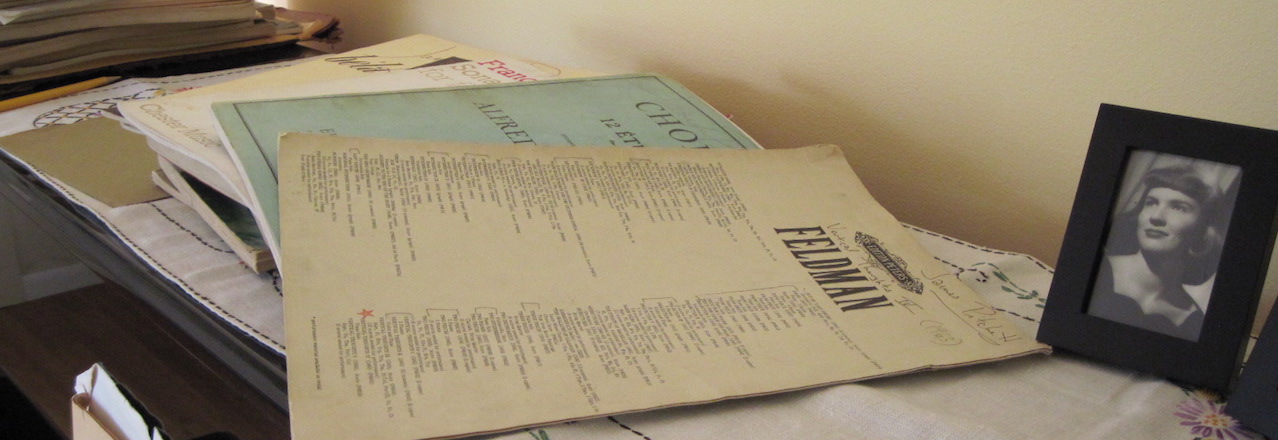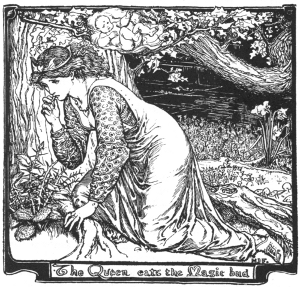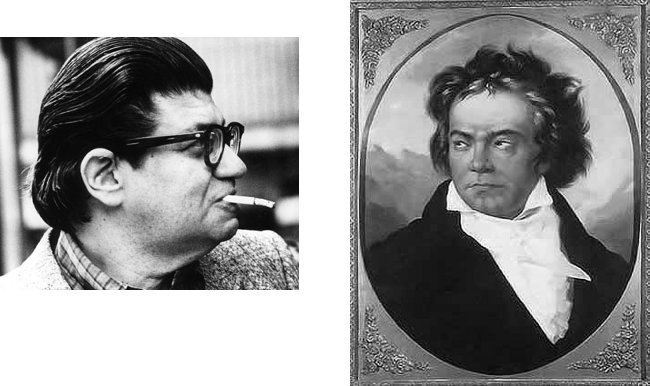The unclear boundary between David Tudor and John Cage
I’ve been thinking about David Tudor and John Cage a good deal lately, following some hunches to develop what I think is a useful way of looking at their history in the 1960s. I don’t know that I’m completely convinced of my story line here, but it’s intriguing.
The unclear boundary between David Tudor and John Cage Read More »


